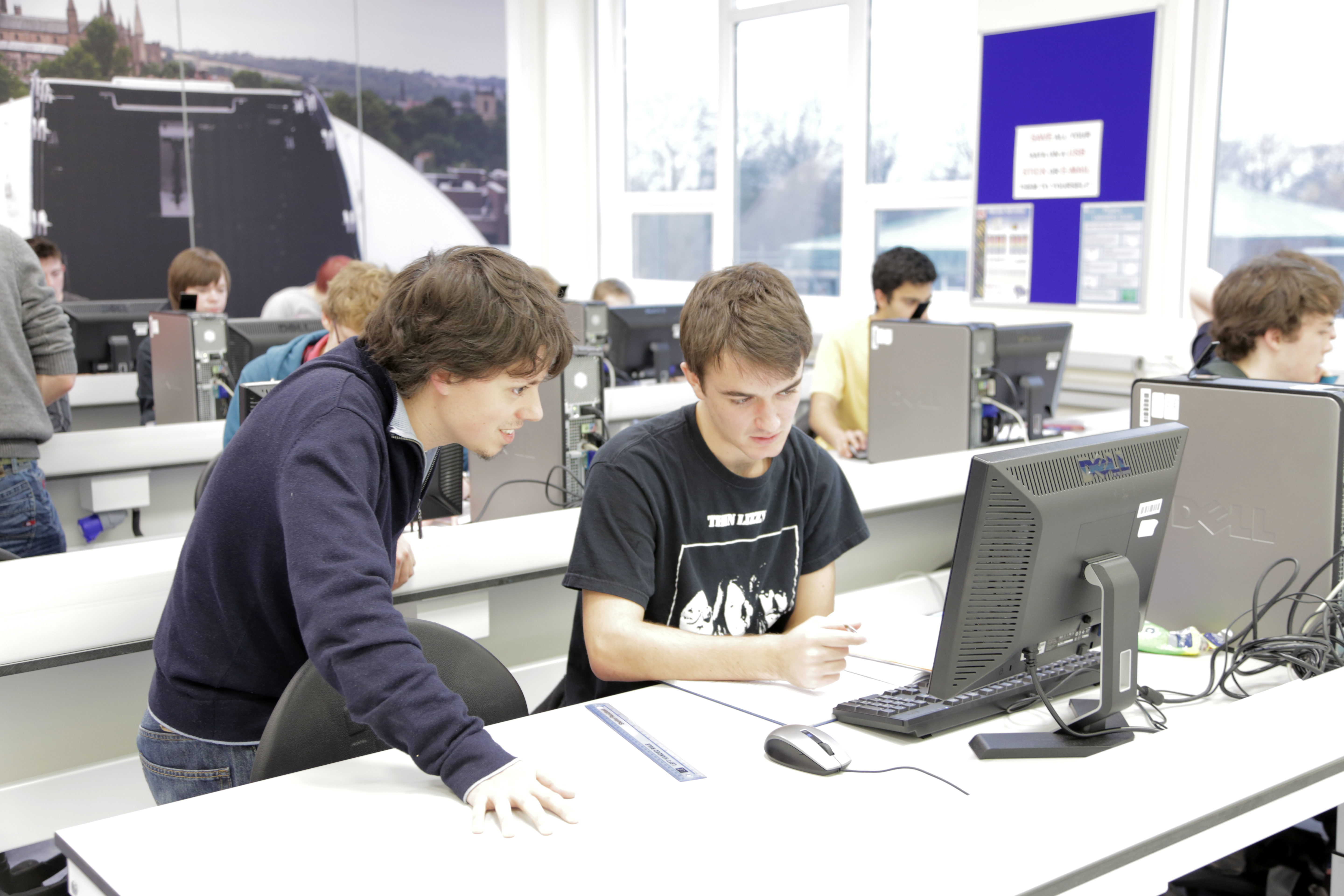Computing

The aim of this part of the course is to introduce you to the development of computer software and to provide you with a basic, working knowledge of the programming language Python.
You will have one introductory lecture in Michaelmas term which provides an overview of the format, but most learning will be done in weekly demonstrator sessions. In these sessions, you will work through a Jupyter Notebook workbook at your own pace with demonstrators around to answer any questions. This section of the course is assessed through a set of summative exercises that count toward the overall module mark.
Current students can find the Jupyter Notebook server and further information on Learn Ultra.


/prod01/prodbucket01/media/durham-university/departments-/physics/teaching-labs/VT2A9034-1998X733.jpeg)